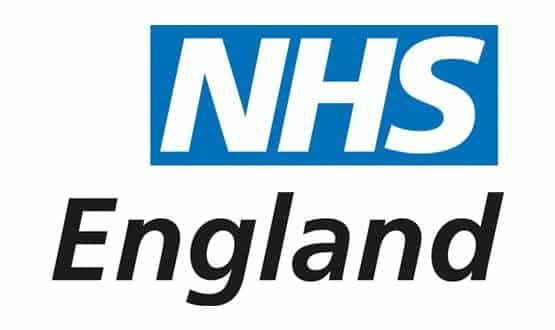A high-level task force at NHS England is working on solutions to information governance issues that are stopping commissioners from accessing patient confidential data.
Clinical commissioners recently wrote to NHS England saying they cannot carry out their statutory duties because lack of access to PCD is preventing them from performing essential tasks such as risk stratification and invoice validation.
NHS England’s London regional head of intelligence Robin Burgess was a panellist at the launch of the London Connect Information Governance Community today in London. The community has been launched to promote the safe sharing of patient information.
In response to questions from IG professionals, Burgess said NHS England is a huge commissioner of services and as such, is facing the same issues accessing PCD as clinical commissioning groups.
Burgess said NHS England’s director of intelligence and strategy Christine Outram is heading up a senior task force working with the Health and Social Care Information Centre to come up with solutions.
“It’s recognised at a very senior level in NHS England and it’s being addressed with the right degree of tenacity and leadership. “
One solution is the extension of the Section 251 extension that primary care trusts had to process PCD prior to their dissolution on 1 April. However, the extension only allows access under strictly controlled definitions.
The task force is working to identify and trial others.
“We may need consideration of more radical solutions such as changes to the law, but that’s for the Department of Health to consider,” Burgess added.
Dame Fiona Caldicott, who led a review of information sharing which published a report in April, said she had hoped to see the government’s response to the report before the summer parliamentary recess, but now expected it in September.
An attendee representing four CCGs commented that despite Calidcott2 introducing a duty to share information in the interests of the patient, commissioners are operating in a much more restrictive environment than prior to 1 April.
Dame Fiona said: “The difficulty is that there hasn’t been enough consideration given to how this would work from 1 April onwards.
“It’s very important to be very clear about the need for identifiable data for certain purposes that are not direct care,” she explained. But she said the answer is not to start arguing about what is ‘direct care’.
“It’s one of the areas where we need guidance and the Secretary of State’s response,” she added.
“I hope there will be some guidance before the response to the report in September.”
Dame Fiona urged organisations to not sit and wait for the guidelines, but start implementing those recommendations that they can.
“We have said enough in the report to show there are problems that don’t need any new legislation or even guidance to get on with it,” she told attendees.
Dame Fiona said her review was not asked to look at potential changes to legislation, though some people were now talking about this as an option.
The Caldicott2 report recommended that the health secretary should be responsible for overseeing the implementation of its recommendations. Jeremy Hunt has instead asked Dame Fiona to head up a new panel to oversee this and report back to him in a year.

